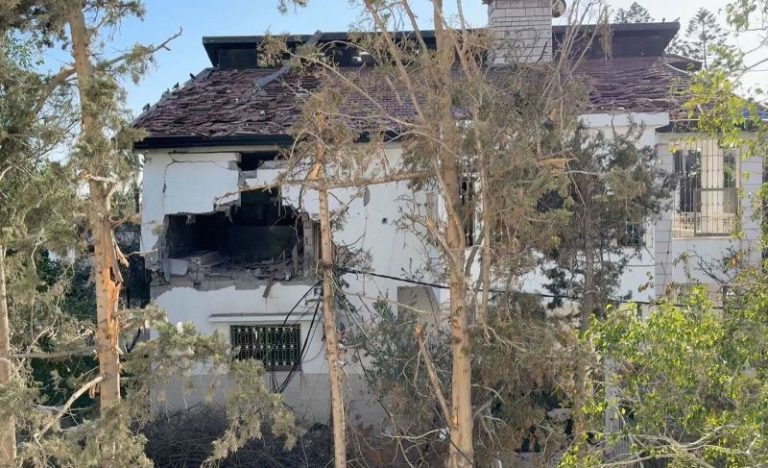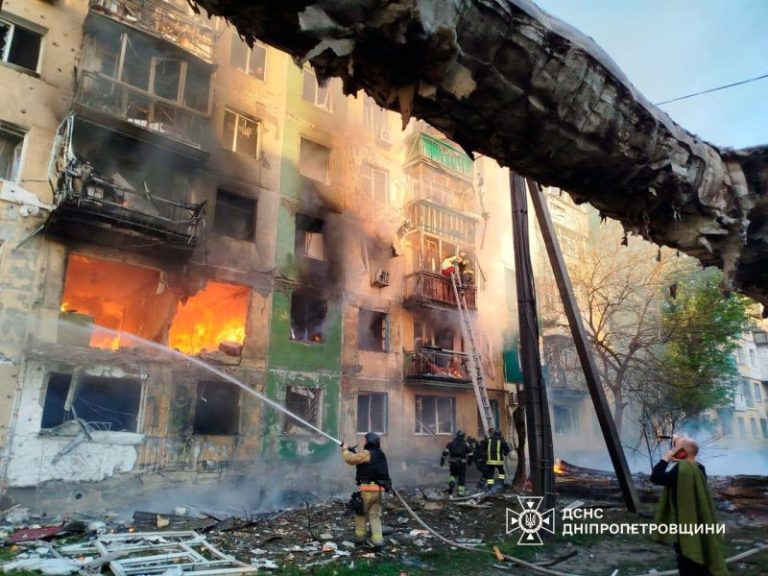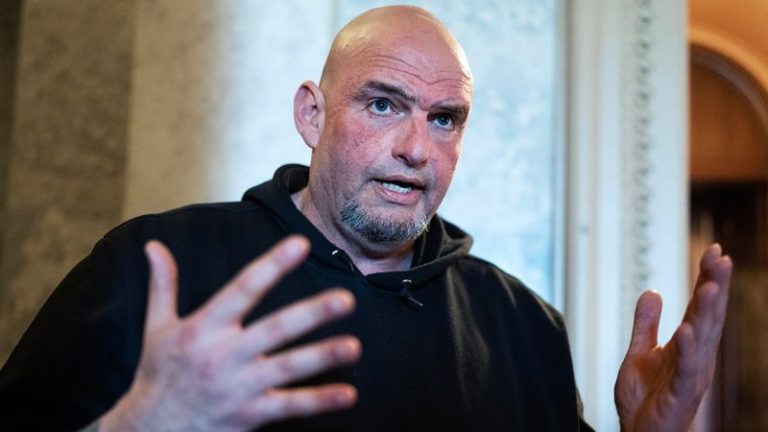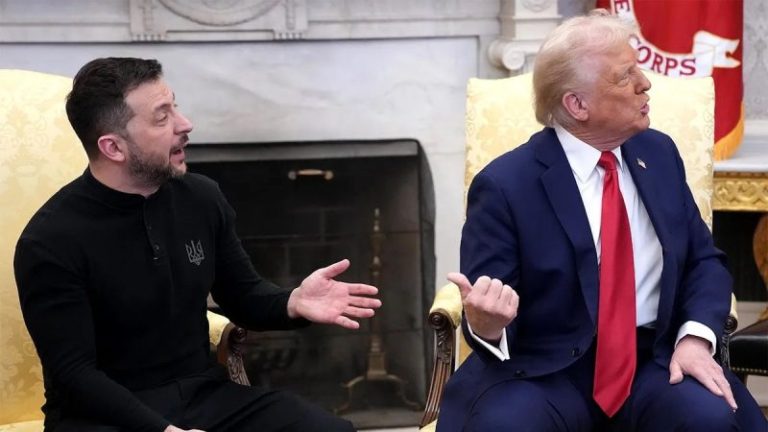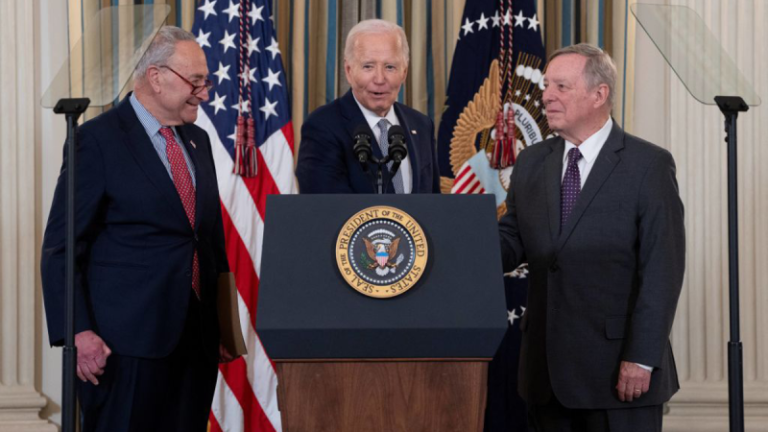The Israeli military acknowledged on Thursday that it was responsible for killing a United Nations aid worker in a strike on a UN guesthouse in Gaza last month, backtracking on its previous denials in the face of mounting public evidence of Israeli responsibility.
The Israeli military said its preliminary investigation into the incident “indicates that the fatality was caused by tank fire from IDF troops operating in the area.”
The strike killed Marin Marinov, a 51-year-old from Bulgaria who worked to deliver life-saving aid to the population of Gaza, the UN said. Six others were injured in the deadly attack that occurred one day after Israel renewed its bombardment of Gaza, ending a two-month ceasefire.
“The building was struck due to assessed enemy presence and was not identified by the forces as a UN facility,” the Israel Defense Forces said in a statement. “The IDF regrets this serious incident and continues to conduct thorough review processes to draw operational lessons and evaluate additional measures to prevent such events in the future. We express our deep sorrow for the loss and send our condolences to the family.”
The Israeli military initially denied any role in the strike on the UN guesthouse and Israel’s Foreign Ministry accused the United Nations of “baseless slander” for saying Israeli tank fire was the source of the attack.
This marks the second time in the last month that the Israeli military has made false statements about an attack on aid workers, only to backtrack in the face of irrefutable evidence contradicting the Israeli military’s official account. Last week, the Israeli military acknowledged “mistakes” that led its forces to attack multiple ambulances, a fire truck and a UN vehicle, killing 15 rescue and aid workers – but only after video of the incident emerged, disproving the IDF’s initial account.
Evidence of Israeli responsibility for the strike on the UN guesthouse on March 19 emerged almost immediately.
Trevor Bell, a former US Army senior explosive ordnance disposal team member who reviewed the footage, said the fragments were consistent with the M339, an Israeli tank shell. N.R. Jenzen-Jones, director at Armament Research Services (ARES) who also analyzed the footage, said at the time the “remnants appear to be from an Israeli 120 mm tank projectile, most likely the M339 multi-purpose model.”
A subsequent report by the Washington Post earlier this month found that two Israeli tank shells very likely killed the UN worker and wounded five others in that strike. The Post report also identified an Israeli tank position just over two miles from the guesthouse in satellite imagery captured the day before the strike.
The United Nations said it had repeatedly informed the Israeli military about the guest house’s location, including as recently as the night before the strike.
The Israeli military said its initial findings had been presented to the Israeli military’s chief of staff and to UN representatives and that a full investigation would be completed “in the coming days, pending the receipt of additional required information.”
‘More intense and significant pressure’
On Thursday, the IDF carried out a strike on a police headquarters in Jabalya, completely destroying the building and killing 10 Palestinians, according to Fares Afana, the director of emergency services in northern Gaza.
The Israeli military said the strike targeted a command and control center for Hamas and Palestinian Islamic Jihad that “was used to plan and execute terrorist attacks against Israeli civilians and IDF troops.”
A separate attack in Gaza City severely damaged two apartment buildings, killing seven Palestinians, according to Gaza’s Civil Defense organization. Video from the scene shows a child on the roof of a building crying for help, blood streaked across his forehead as he waves a hand covered in dust in the air.
“If we do not see progress in the return of the hostages, we will expand our activity into a more intense and significant operation,” said IDF Chief of Staff Lt. Gen. Eyal Zamir during a visit to Gaza Thursday.
The Israeli military also issued evacuation orders for two areas in northern Gaza as Israel broadens its bombardment of the besieged territory in what it says is an effort to put increasing pressure on Hamas. The IDF says the evacuation orders were issued after troops faced “terrorist activities and sniper fire.”

